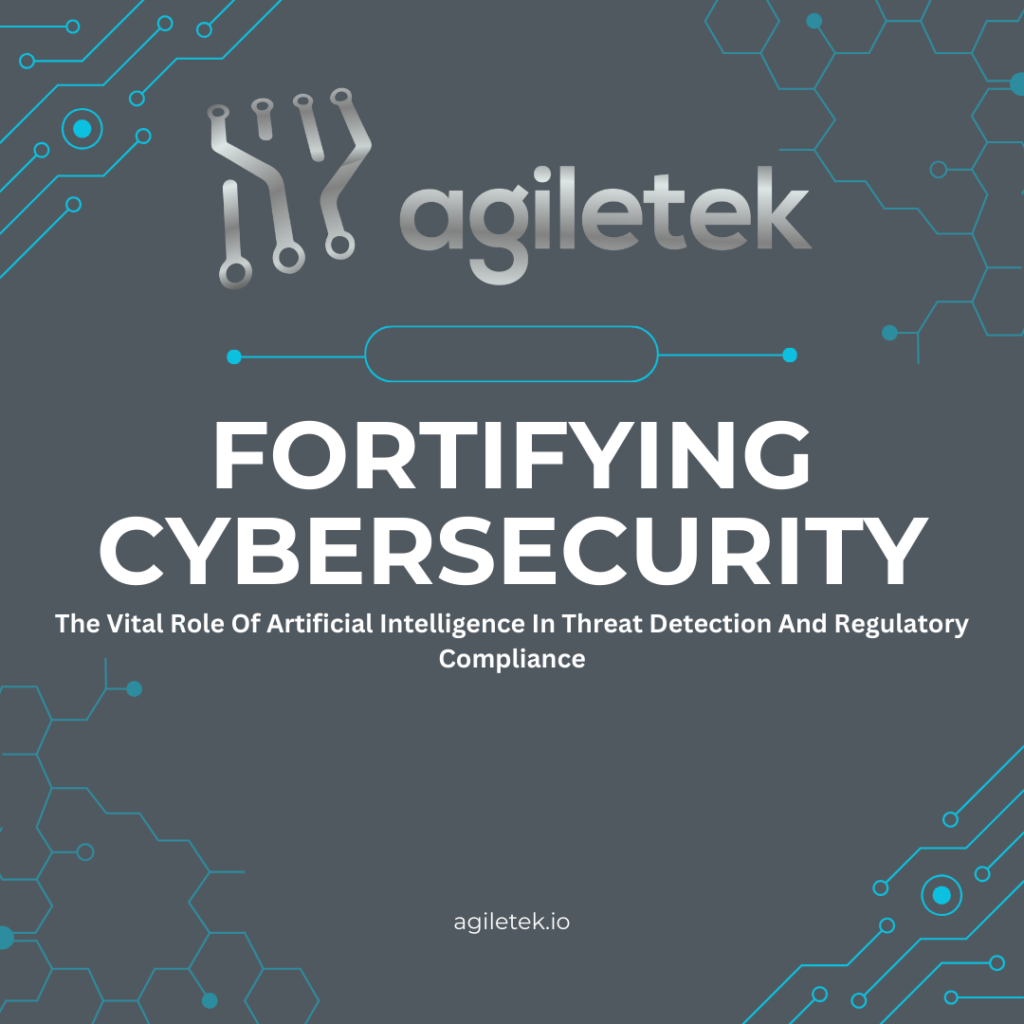Artificial intelligence plays a crucial role in bolstering cybersecurity efforts, providing advanced capabilities for threat detection, prevention, and response. AI-driven security systems can analyze massive datasets in real-time to identify unusual patterns and potential security breaches, enabling organizations to proactively address emerging threats. Machine learning algorithms are particularly effective in recognizing evolving attack techniques, enhancing the adaptive nature of cybersecurity defenses. Additionally, AI is utilized in the development of predictive analytics models that forecast potential vulnerabilities and areas of susceptibility, allowing businesses and government agencies to implement proactive measures before security incidents occur.
The integration of AI in cybersecurity aligns with the increasing emphasis on regulatory compliance and government standards for data protection. Governments around the world are enacting stringent regulations to safeguard sensitive information and hold organizations accountable for data breaches. AI tools assist in compliance management by automating the monitoring and enforcement of regulatory requirements, ensuring that organizations adhere to data protection laws. Furthermore, AI technologies can enhance the efficiency of incident response and forensic investigations, facilitating the rapid identification and containment of security incidents while ensuring compliance with regulatory reporting obligations. As the regulatory landscape continues to evolve, AI’s role in maintaining robust cybersecurity measures becomes indispensable for organizations seeking to protect sensitive data and maintain compliance with government standards.









